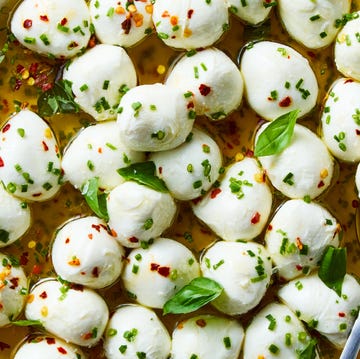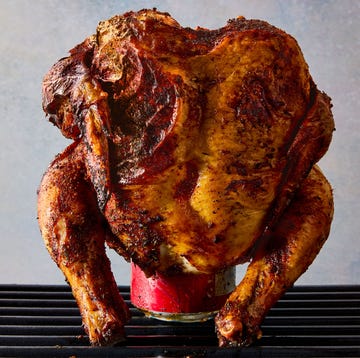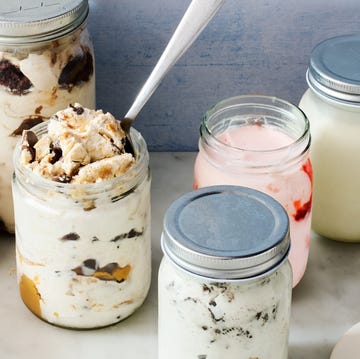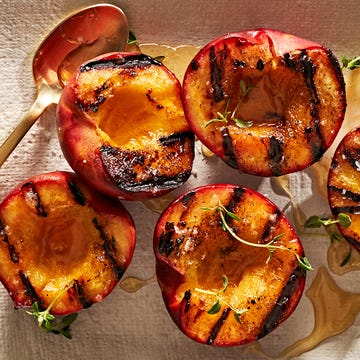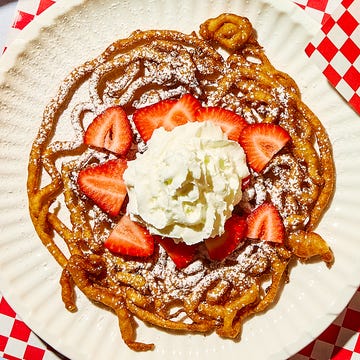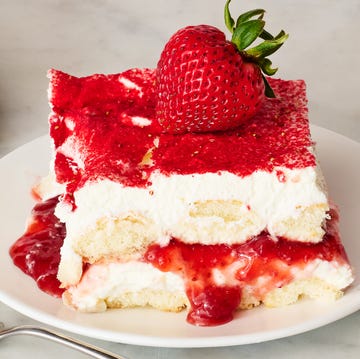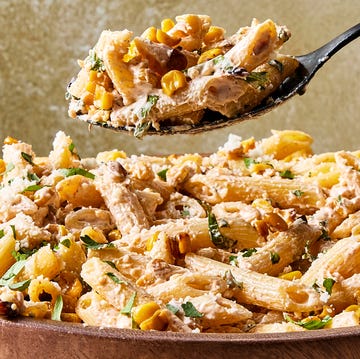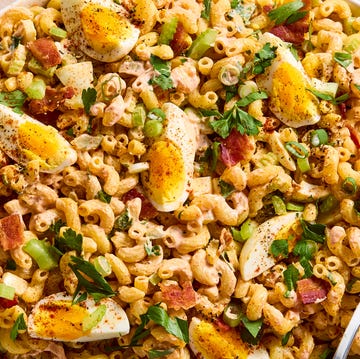The 7 Best White Wine Substitutes
Because everything happens for a Riesling.

Picture this: You’re deep in the throes of cooking a lemony, caper-studded chicken piccata, or perhaps a creamy, thyme-infused mushroom risotto, when it hits you. A gnawing sense in the back of your head that you forgot something. GASP. You forgot to snag a bottle of the recipe's called-for white wine!
Don't panic, we've all been there. White wine is a fantastic ingredient—and these best white wine recommendations prove it—but you can approximate the flavor it lends a dish with any number of substitutes. They don't even need to be alcoholic: Cooking burns off most of the alcohol, anyway, leaving you with white wine's rich, acidic notes of citrus, stone fruit, and other flavors.
What are some tips for substituting white wine when cooking?
Before you start substituting willy-nilly, there are a few things you should know. Follow these tips, and you'll never be out of luck—even if you've misplaced that bottle of white wine.
Put down that bottle of cooking wine
Though the name might suggest otherwise, cooking wine isn’t the best option because it's jam-packed with preservatives and can make your dish overly sweet, salty, or—yeesh—metallic.
Keep measurements in mind
Don't assume white wine can be subbed out for another ingredient on a one-to-one basis. White grape juice, for instance, is a good white wine substitute—more on that below!—but because it's significantly sweeter, you'll want to water it down or use a smaller amount than you might white wine. (Adjust the other liquid levels in your dish accordingly, too, otherwise you're bound to end up with something that's either too wet or too dry.)
Embrace change!
Remember, necessity is the mother of invention. So what if your chosen white wine substitute slightly alters the flavor profile of whatever you're cooking? You might like it better in the end. Read on for the best white wine substitutions around.
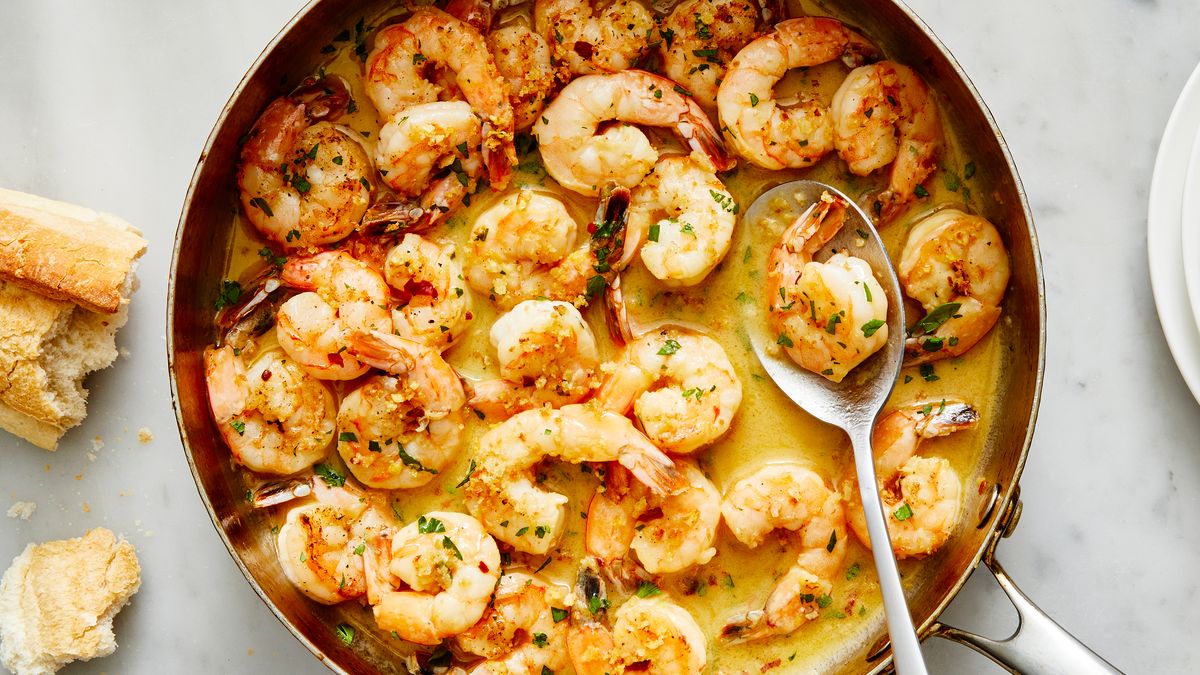
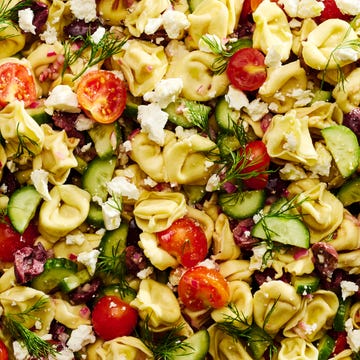
Greek Tortellini Salad

30 Side Dishes For Hot Dogs
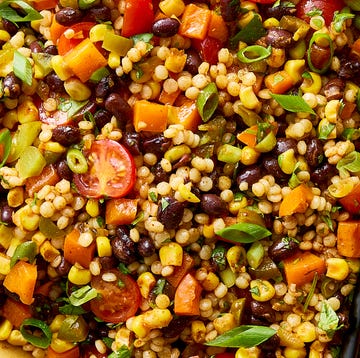
30 Easy Cold Dinner Ideas
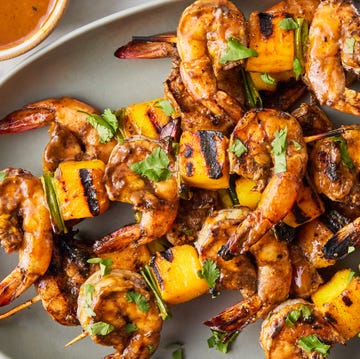
Grilled Shrimp & Mango Skewers







